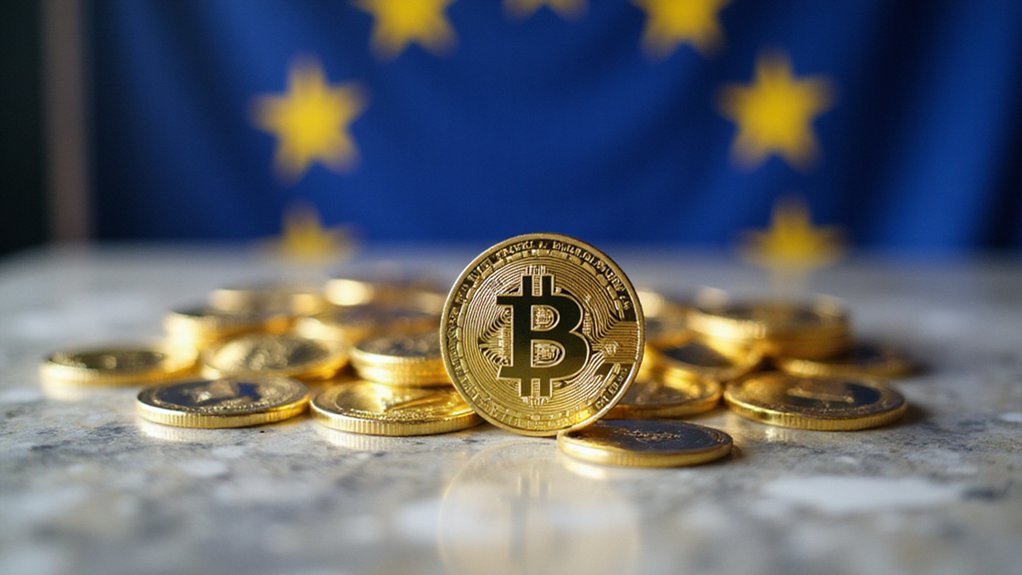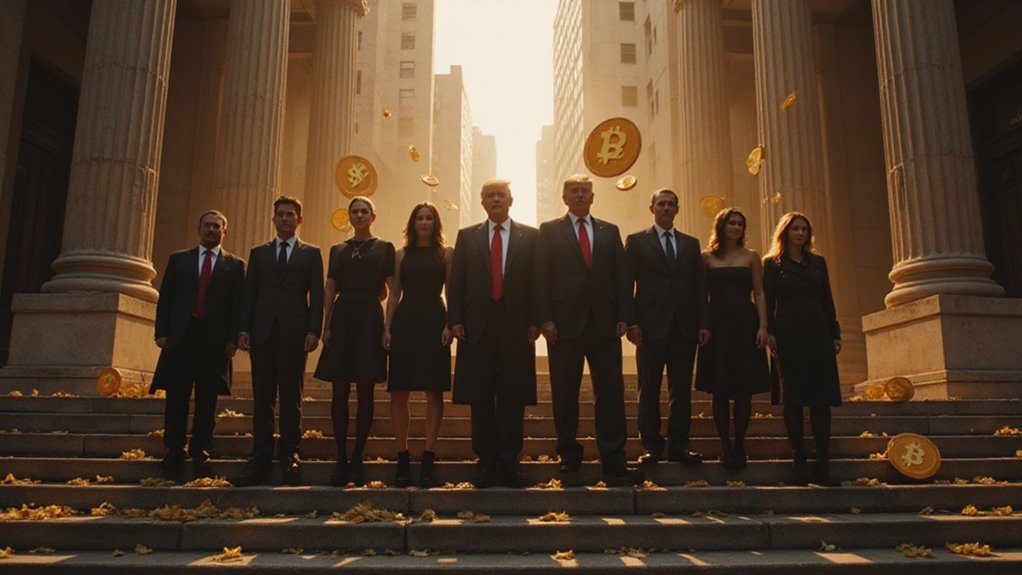Turkey has revealed an expansive regulatory framework that transforms its cryptocurrency landscape from the Wild West into something resembling a heavily fortified banking district—complete with capital requirements that would make traditional financial institutions wince.
The Capital Markets Board now demands that crypto asset service providers operate as joint-stock companies with minimum paid-in capital of 150 million Turkish lira (roughly $4.1 million) for exchanges, while custodian firms face an eye-watering 500 million Turkish lira threshold—approximately $13.7 million. One might wonder if Turkey’s regulators consulted Fort Knox’s architectural blueprints when designing these barriers to entry.
The new regime introduces mandatory identity verification for transactions exceeding 15,000 Turkish lira, effectively eliminating the pseudonymous nature that originally attracted many crypto enthusiasts. Providers must now conduct thorough KYC processes, maintain records of all transactions (including failed attempts), and monitor asset prices continuously for suspicious activities.
Turkey’s crypto crackdown demands full identity disclosure for larger transactions, turning digital anonymity into regulatory transparency theater.
The framework mandates withdrawal delays of 48 hours for regular transactions and 72 hours for first-time withdrawals—a timeframe that would test even the most patient investor’s resolve. Daily stablecoin transfers face a strict $3,000 cap, representing a significant constraint on crypto liquidity. Major platforms like Kraken utilize military-grade cold storage and layered security measures to protect user assets during such regulated holding periods.
Perhaps most notably, 2025 regulations require crypto users to declare both source and purpose of transfers, transforming what was once a relatively straightforward digital transaction into something resembling a tax audit. Cross-border transfers face enhanced scrutiny, with detailed declarations required for international movements—a development that greatly impacts Turkey’s position in global crypto markets. Custody services now face severe restrictions, with only banks and authorized institutions permitted to provide these services.
The regulatory architecture extends beyond mere compliance, establishing extensive governance requirements including qualified founders, transparent ownership structures, and dedicated risk management teams. Continuous supervision by both the CMB and TÜBİTAK ensures providers operate under constant regulatory observation.
These measures ostensibly protect consumers through financial stability requirements and operational transparency mandates, while withdrawal delays aim to prevent market manipulation and fraud. Stablecoin transfer limits address concerns about unregulated fiat-pegged cryptocurrencies, though such restrictions inevitably constrain legitimate users alongside potential bad actors.
Turkey’s regulatory overhaul represents a fundamental shift from permissive oversight to thorough control, effectively institutionalizing cryptocurrency operations while potentially stifling the innovation and accessibility that originally defined the digital asset ecosystem.









